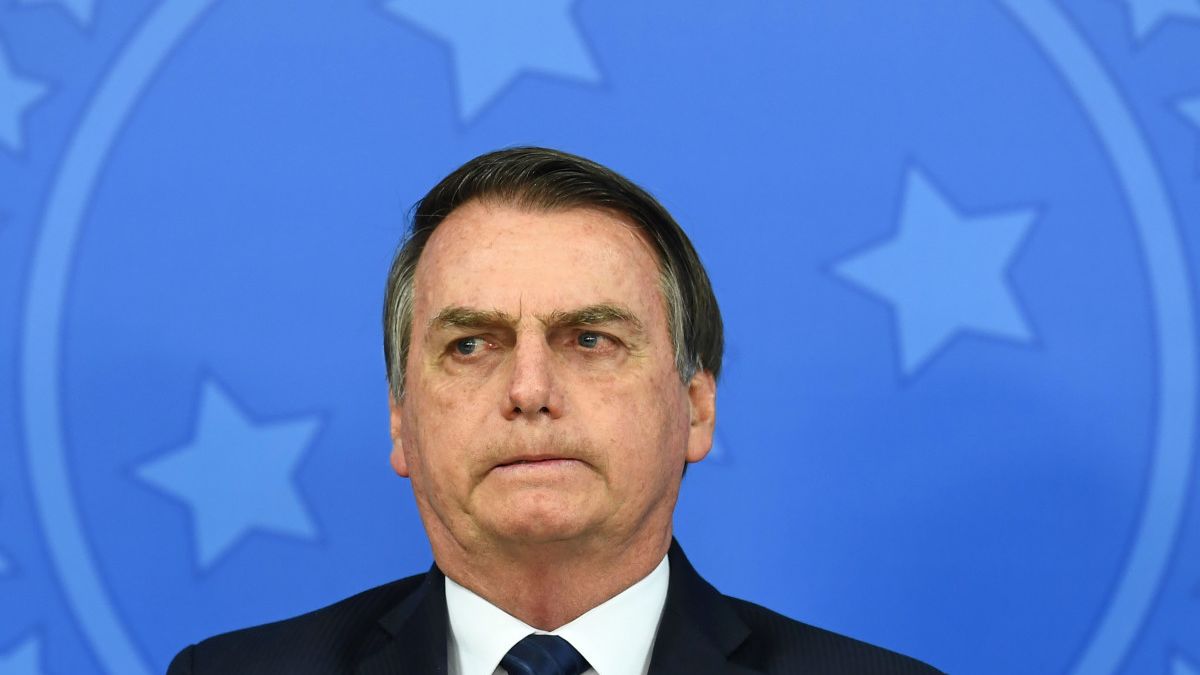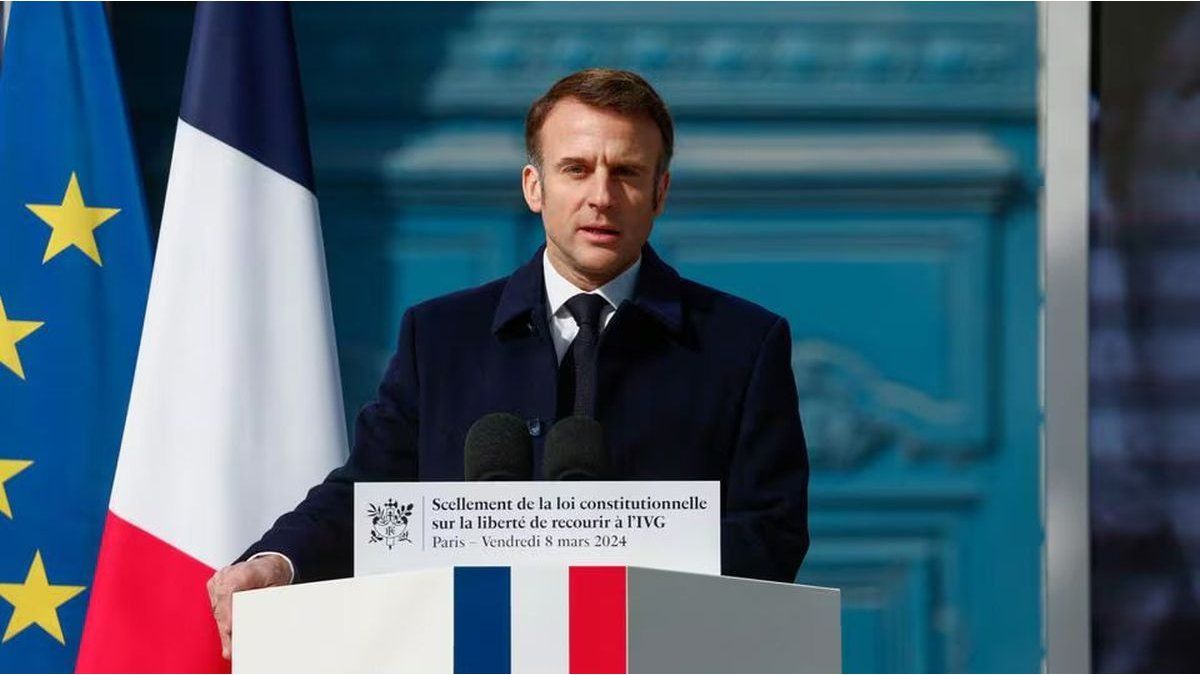In the aftermath of the pandemic, accelerating interest rate hikes to contain inflation has been dizzyingly reckless, untimely, and dangerous. At this time, the off the record says that both the Fed and the ECB would be agreeing to discontinue the escalation of interest rates.
On February 1, 2023 we said that “the economy is the international economy”, while in 2022 we already warned that the 2023 recession was on the way, and that fears of a global recession were increasing. For private investors it was increasingly important to identify which investments would withstand the recession forecasted. We cite a report by SS&C Intralinks DCM, in association with Private Equity Wire, SS&C Intralinks surveying 134 institutional investors and advisors across 5 continents to try to understand their risk and return expectations.
We were seeing a complex picture in the global lending market in the third quarter of 2022, with nominal volume falling to $792 billion in total issuance, 35% less than in the same period in 2021 (Dealogic). The thing is investors were already directing their allocations, increasing to US$82 billion, concentrating them in 66 funds in the first half of 2022. There were multiple factors behind this trend. we identify “Distressed debt” (Stress Debt), as companies grappled with increased credit risk from the energy supply crisis, double-digit inflation and rising interest rates.
Despite the huge capital aid earmarked for debt deals, there was a consensus that these challenges they were making companies think long and hard before refinancing or issuing new debt. The investors considered more frequent changes in strategies based on business risk concerns. Investors expected inflation to have a greater influence on debt capital market performance, followed by an impending recession and rising interest rates. Declining credit quality was also a concern.
On February 1, we said that inflation and a global recession would dominate the concerns of investors and companies for the next 12 months, and there was less debt issuance. Investors had become more cautious about risk. In addition to inflation, other two key risks faced by institutional investors were credit risk and rate risk. It is worth noting that credit issues ranked first.
We said that as interest rates and inflation continue to overwhelm the economy, credit fundamentals are likely to deteriorate and losses will manifest in portfolios.. Investors were concerned about interest rate risk and disruption to market stability from a disorganized US Treasury market.
Detonation
Last week the US banking market detonated induced by the syncope of Silicon Valley Bank (SVB) and the closure of Signature Bank. Then came the collapse of the Credit Suisse Bank’s share price in Europe, which increased suspicions about a possible banking crisis. The prestigious bank was at the mercy of a “donation price acquisition”, like Bearn Stearns, at the hands of JPMorgan Chase in 2008.
Returning to the SVB, it is obvious that the bank collapsed due to the described context plus the catastrophic risk management that it applied. This entity captured highly concentrated deposits in a few savers with great accumulations, basically from technology companies, which created a very sensitive situation in the event of a possible run on deposits. Add to that a context of high inflation that made them invested in US Treasury bonds at a fixed interest rate (1.5%) without a hedge. The risk that the Federal Reserve would raise interest rates would cause it to collapse, causing fixed-rate securities to crash. Well, that risk materialized. The Federal Reserve, in less than a year, rose 450 bp, or (4.5%).
As soon as a series of omissions in bank inspection took shape (deregulation and lack of control produce catastrophes), the SVB would implode, as had happened in other cases in 2008. Inexplicably, the SVB invariably managed to avoid the reviews of the regulators, maintaining assets of less than $250 billion, because banks in the US with less than that amount are not subject to judicious regulatory oversight. On Friday we remembered the series “Madoff”.
BANKING CRISIS
This is a habitual crisis of the last decades -with different actors-, clearly concurrent and present, every time that the policy of increasing interest rates is precipitated by the monetarist suspicion of the Fed towards inflation.
This is a banking crisis that mixes two players from previous collapses (tech and overexposed banks).
The US injected during 2020 and 2021 around 25 points of GDP to finance the fiscal deficit. It is clear that the irrational exuberance of the markets (Alan Greenspan) is consistent with expansive monetary policies, in that not all the beneficiaries are unemployed workers.
The off-the-record information says that the desperate attempts of the weekend will end up resolving in favor of the stability of the world system, over the objective of weakening the inflation rate..
The Fed and the ECB have to avoid systemic contagion with its consequent failure of banks, and slow down the rate of inflation. Historically, for the US, the priority is to save the international financial system and consumption. For Europeans inflation.
To avoid what happened, there should be an inspection of banks. Since the organizations did not do their job, now the central banks will have to open all kinds of windows and lines of liquidity to ensure that there are no new episodes. Lowering inflation via interest rates may be the key. Central banks will probably prefer to quiet rate hikes as they are paying the price for rushing interest rates.
Going by what happened, when the Fed started raising interest rates at a rapid pace, it had the wrong diagnosis and the Private Equity Funds the right one.. The current financial stress situation is due to the application of the standard recipe, which no longer works even for “serious countries”. As in other times, it will be necessary to live with high inflation for a long period, with the critical consequences that it bears, even for the stabilization of the system.
The ECB increased its interest rate by 50 bp (0.5%) on Tuesday, although the former director of the IMF was ambiguous regarding future increases, leaving the door ajar to go back. What has already been verified is our advance, there will be a recession and a shortage of credit (credit Crunch)Thus, the Fed and the ECB should tend to reverse their policies of raising interest rates to preserve financial stability and the eventual consequences on growth and employment.
Moral, as in 2008-with other actors-the Fed once again compromised the stability of the system, due to the acceleration of the interest rate rise.
Graduate Professor UBA and Masters in private universities. Master in International Economic Policy, Doctor in Political Science, author of 6 books. @PabloTigani
Source: Ambito
David William is a talented author who has made a name for himself in the world of writing. He is a professional author who writes on a wide range of topics, from general interest to opinion news. David is currently working as a writer at 24 hours worlds where he brings his unique perspective and in-depth research to his articles, making them both informative and engaging.




